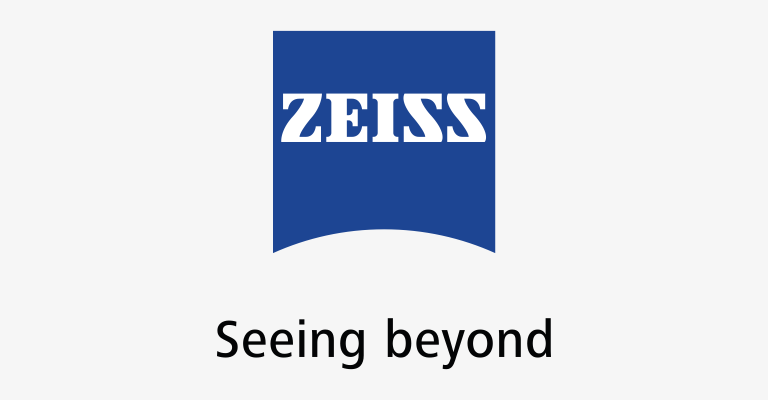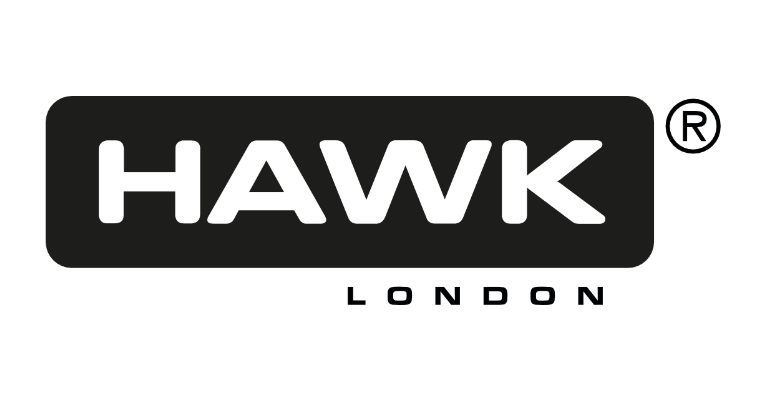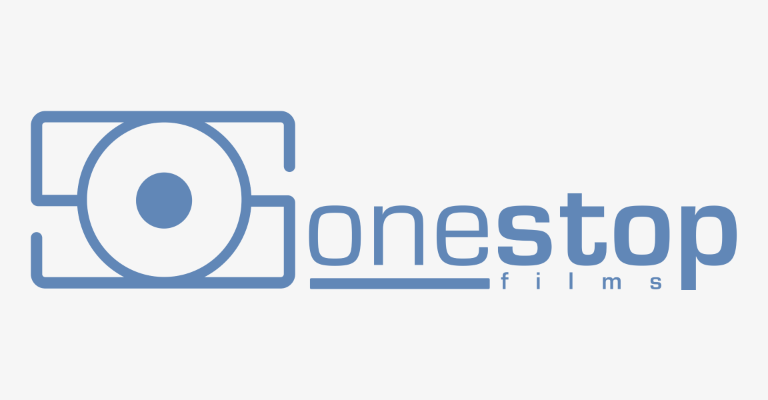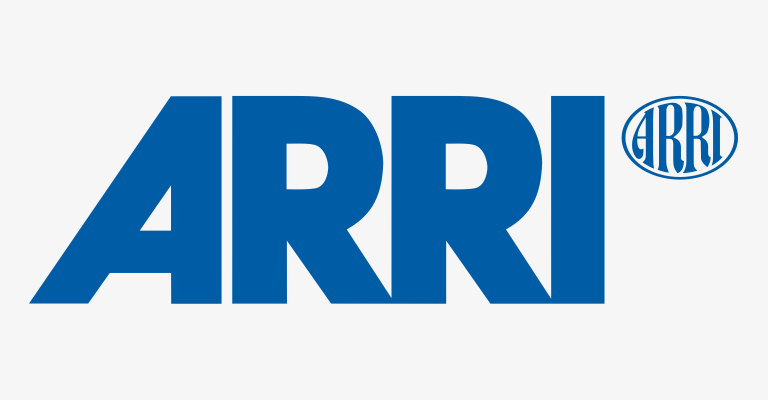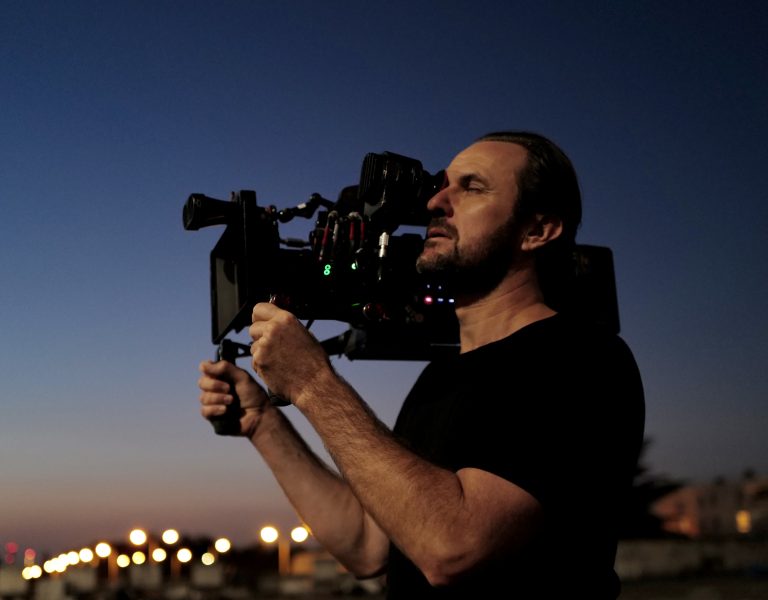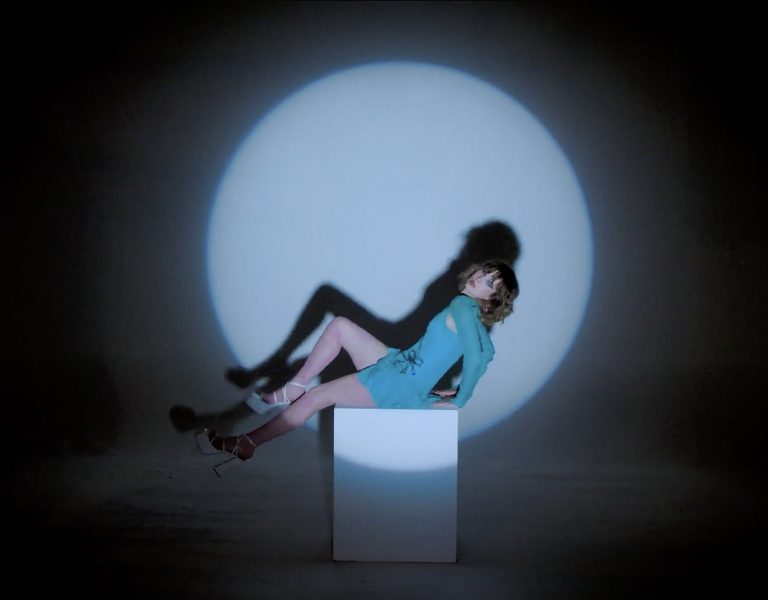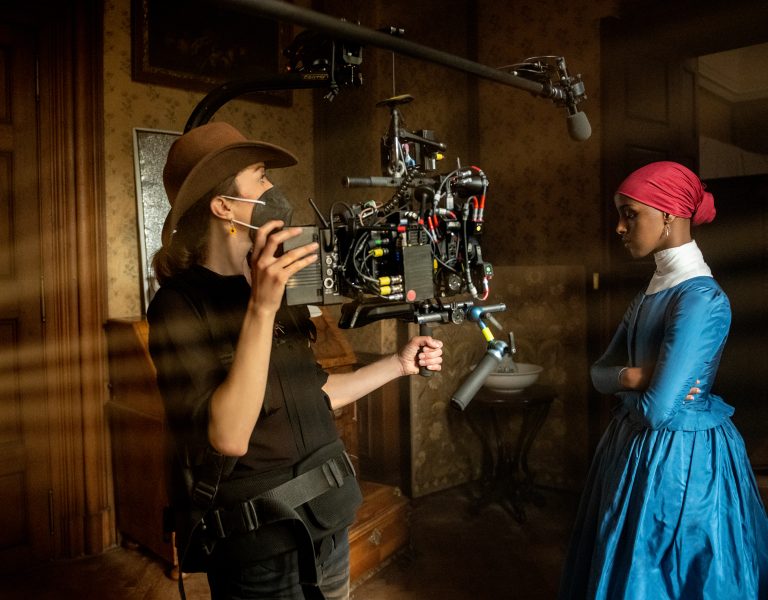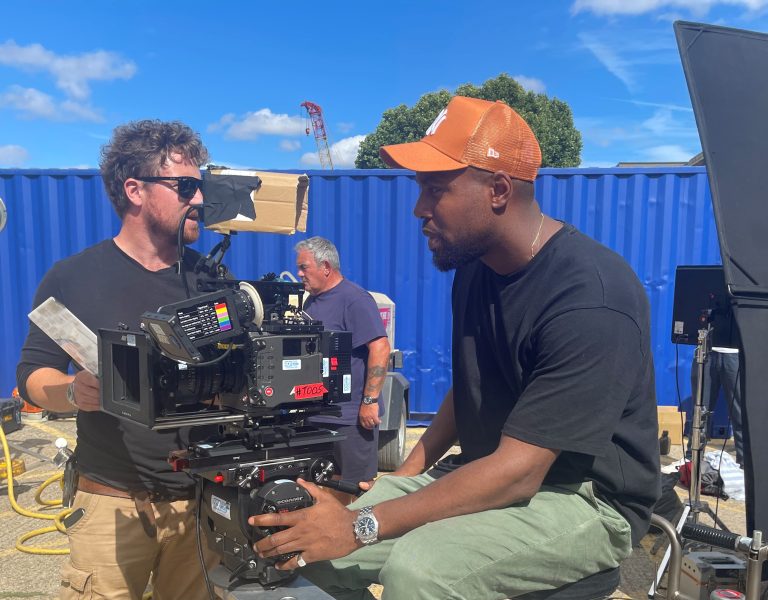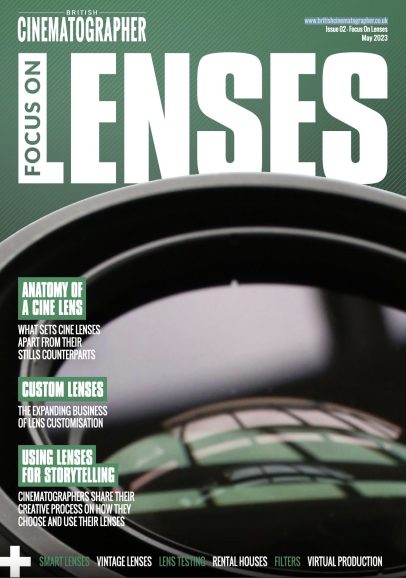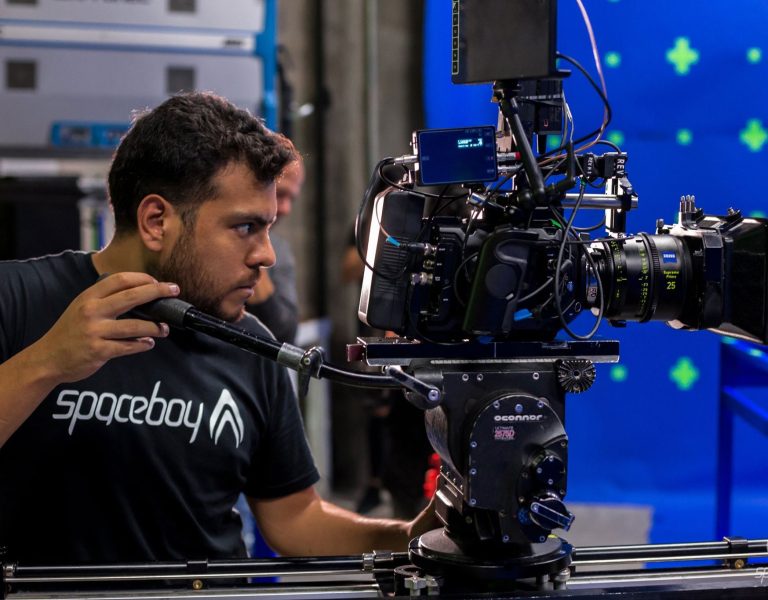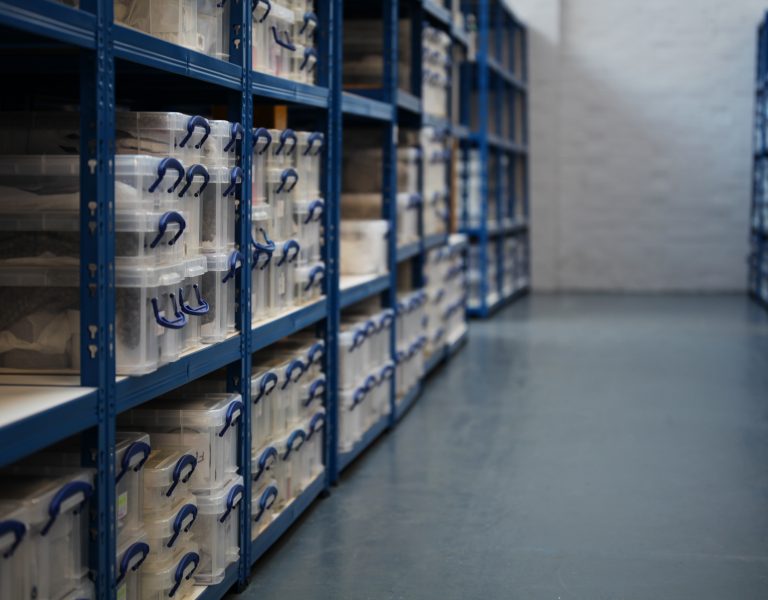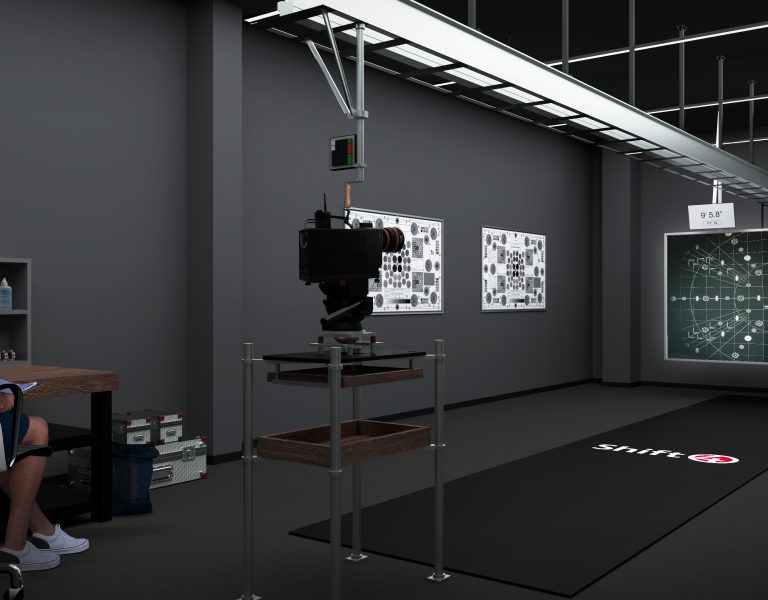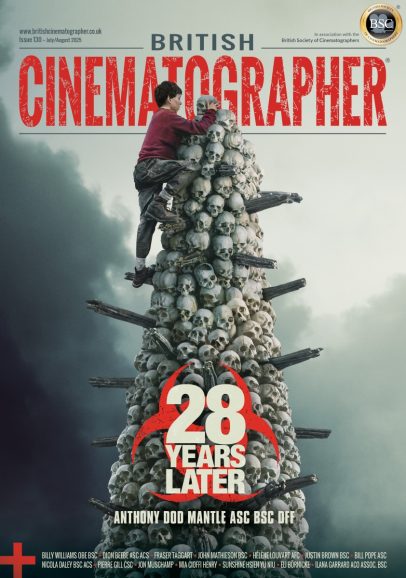Lens maestro – and Cooke’s Chief Optics Advisor – Iain Neil reflects on his 40-year career developing some of the industry’s most iconic glass.
Cooke’s Chief Optics Advisor, Iain Neil, arrived at his position after numerous industry breakthroughs, patents, inventions, and Academy Awards – most recently the Gordon E. Sawyer Award, given at the last Scientific and Technical Award evening, for “extraordinary technological contributions that have brought credit to the industry,” capping his 12 previous Sci Tech awards (along with a couple of Emmys, a Fuji Gold Medal, and other accolades).
The recent Sawyer award, coming for lifetime achievement, was, he allowed, “different from all the others”.
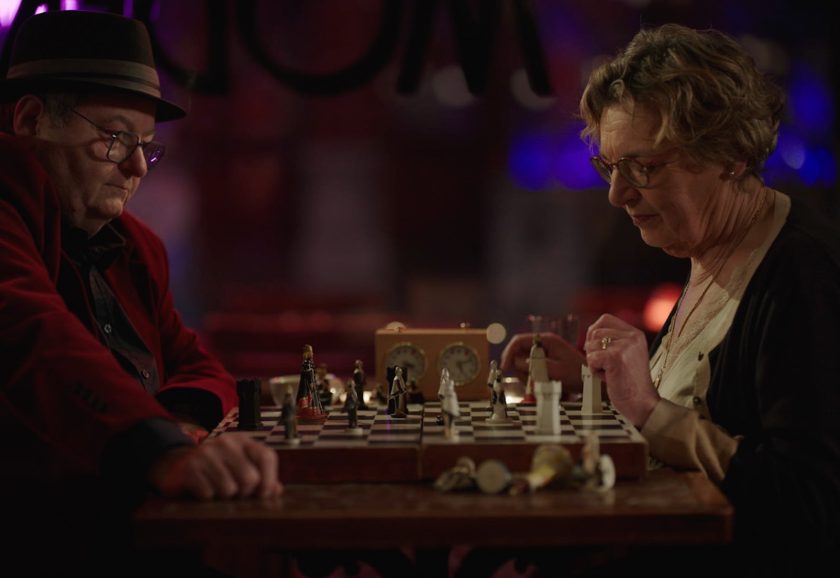
Coming to Cooke was a long path trodden working on many cine lenses including state of-the-art zoom lenses which was something he was asked to develop during his interview when entering the movie business.
Eventually after development of the most advanced cine zoom lenses and seeing them used on many movies he went on to work on the camera optics including viewfinders, video assists and so on.
All of these cine products brought a slew of Sci-Tech awards and later on they led a path to coming on board at the most quintessential cine lens company Cooke Optics.
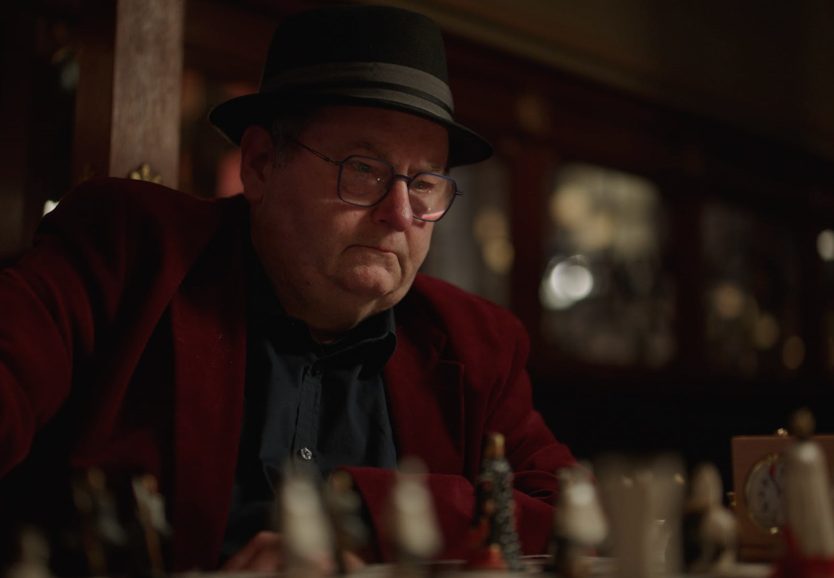
Knowledge in demand
He’d “left Panavision and [gone] freelance. And that’s when I came back to Europe,” Neil recounts, where – although hailing from Scotland – he’s divided his time between Lugano and Geneva, Switzerland, now settling in Lugano. During this whole stretch, Cooke’s previous CEO, Les Zellan – who Neil has “known for over 30 years” – kept asking if Neil was free to “help at Cooke?”
But, as he puts it, “I had some other things going on.”
One of those was a detour with Leica, where he was asked “can you start, from scratch, a cine lens company?” Which he did, becoming CEO of the whole enterprise. Those Summilux lenses won their own Academy award for Leica’s design team, in 2015. “Once [they] had real product, I left the company,” the productively peripatetic Neil says.
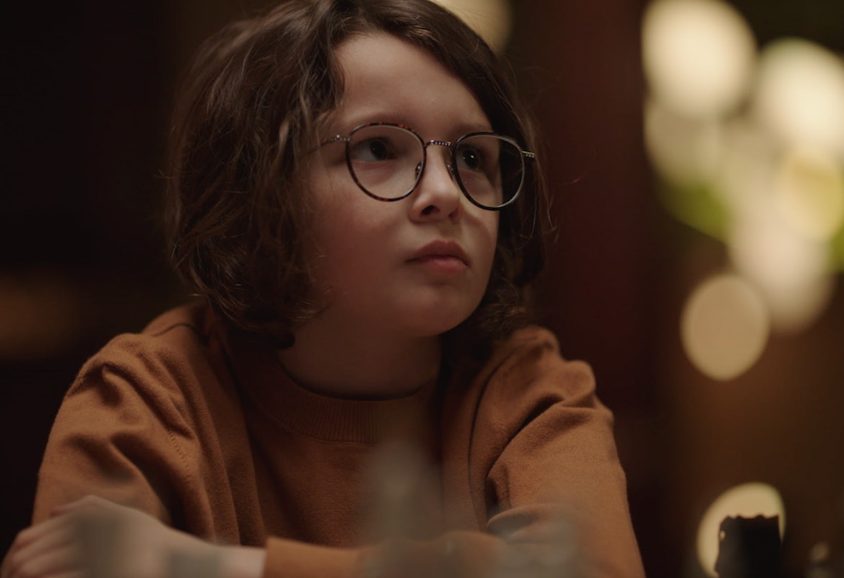
Zellan kept politely, recurringly inquiring, “Are you available now?”, to which Neil finally agreed that he was. At which point Zellan told him, “We’d like to do anamorphic lenses.”
“It’s not the most complicated (thing),” Neil allowed, “but it’s difficult. It’ll take a few years.”
Zellan was willing to wait, as they wanted the new product line, so, designing in Switzerland and visiting the UK a few times a year, Neil consulted, and “designed all of the Anamorphic lenses at Cooke. I also was involved in how to produce them – a whole series of lenses for Cooke. Not just me, but the team – and together we figured how to build them.”
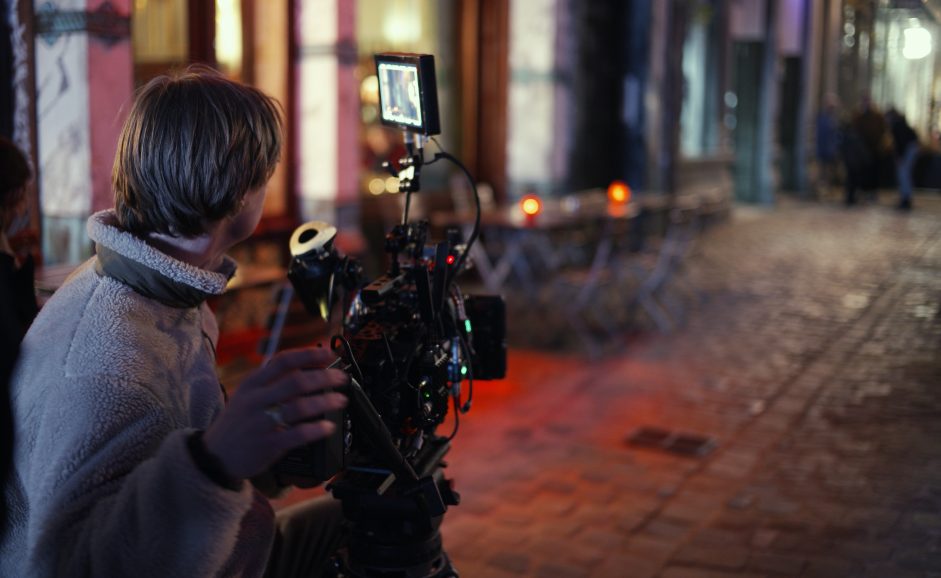
Those were the Super 35mm anamorphics, which were a great success for the company. And then Zellan said, as the digital age kept relentlessly unfolding, “We want full frame now.”
“So,” Neil said, “we did it all over again – with improvement to attain more advanced designs.” That included updating the trusty S4s with the S7s, which “were quite early in the market – but then competition always arrives.”
Then came the innovative all-spherical S8/i Full Frame T1.4 Prime Lens series, with their “really fast apertures – we wanted to make them smaller and lighter weight, because cameras were getting smaller.” Neil himself designed 12 lenses of the series. And, quarterly UK visits notwithstanding, “the design work is done in Switzerland with a computer that is really fast,” he says “and a large screen.”
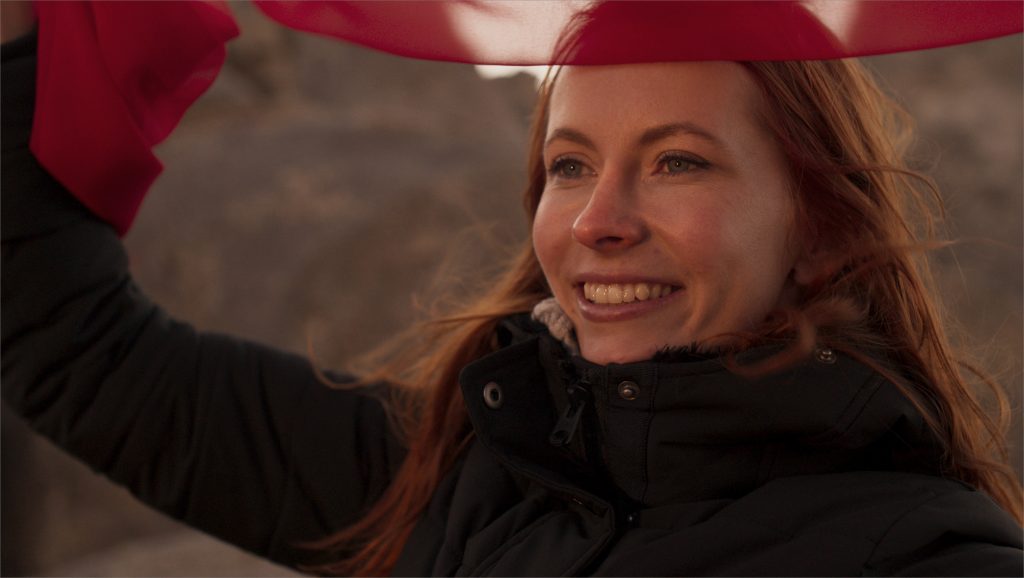
Of course, he also has a fairly extensive network of contacts, listing DPs and directors that he can call to ask what it is they might need in updated glass, or whether they’d be willing to weigh in on new lenses created to provide things they hadn’t realised they needed, until now.
And when he wants to be hands-on, “I know RED, I know ARRI, – sometimes I visit the company. I have a huge grapevine of people. Maybe I need to see a camera for an hour.” But Neil also notes that these days “you can predict the performance of the lens with great accuracy,” before it’s built.
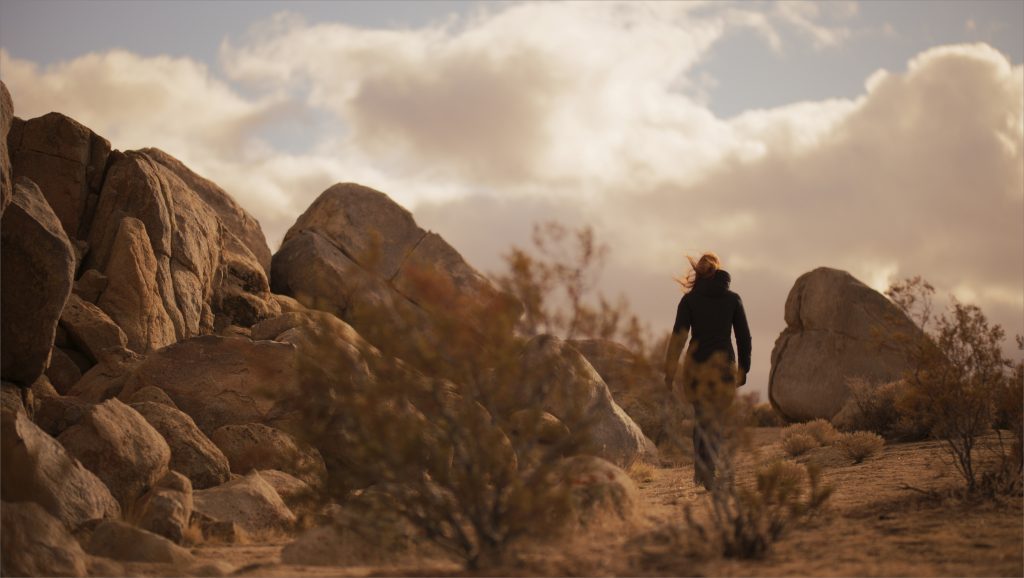
Unique approach
For the S8s, they were going for something “almost unique” to “differentiate” the glass. ”Things like a clean bokeh – they wanted what I call a filmic and aesthetic look, more like film and not looking more like digital […] trying to create something that would make the images from digital cameras more attractive and appealing.”
This was at a time when, he mentions, a lot of “detuning” of existing lenses was happening. So instead, Neil, in his advisory capacity, helped oversee a direct approach where the look was, well, cooked into the new lenses, not only without tampering, but also with the availability of metadata, something that Cooke have been developing over time.
Of course, Cooke has its own classic glass and looks too, and when they introduced new versions of the Panchros, Neil says he “supported the company when they brought [them] out, [though] my main thing was to monitor and support the people doing this.”
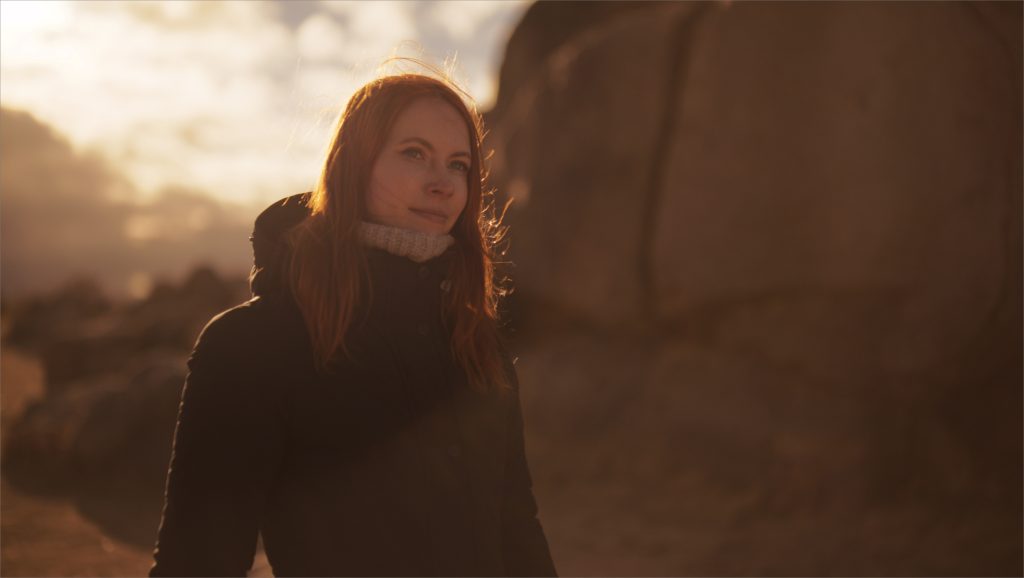
All of it has led to Cooke, which has risen, in his estimation, like “cream on milk,” to now having “a full range of products. Companies may have one or two lines [of lenses], but not three. It has a full complement – it even has zoom lenses!” Which, of course, is where we came in on this story, and where Neil began his own journey as one of Sci Tech’s most storied recipients.
As for what the future holds – never mind the recent theories in physics that the future is already able to inform the past – well, that too may come full circle, in its way. “The lens came before film,” Neil avers (indeed, he designs for many industries outside of film production too, such as “automotive, I do medical, I do surveillance. I work in a lot of special effects”), and the lens, as a concept, a device, “will still be there later”, after our current silicon sensors give way to whatever’s next.
Until then, though, there are still the day-to-day exigencies to deal with. One of these was on the surprisingly rainy night for the first post-pandemic Sci-Tech gathering, now held at the Academy’s own museum. At the end of the “quite nice” evening, heading with his family to his car, Neil was informed by the Academy that “You can’t go yet; we have to send you out with two bodyguards.”
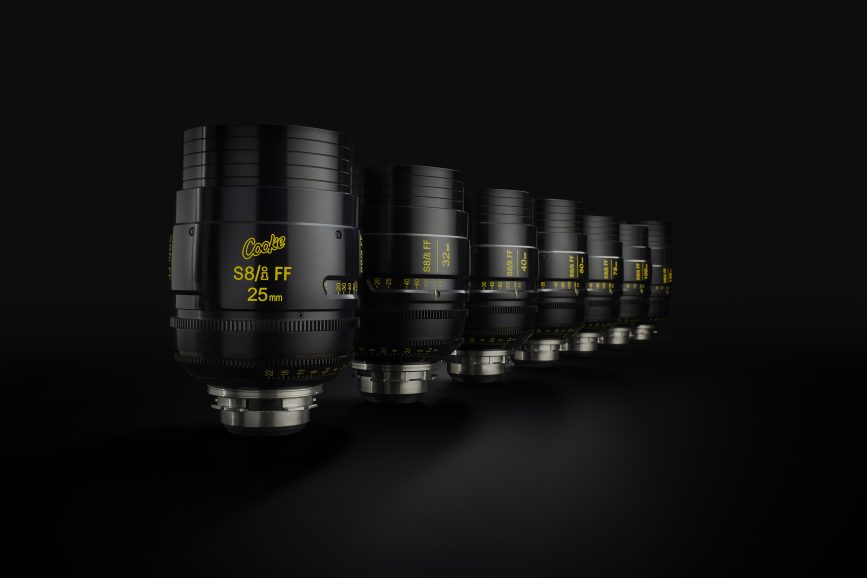
So “they took us out to our car,” but to this day, Neil isn’t sure if the protection was for him or the statue – hopefully both. Most Sci-Tech honorees get plaques from the Academy, but for the Sawyer award, one gets the gold knight. But the Academy had him put “a linen bag over the Oscar”, advising him “Don’t carry it in front of you.
But designer, family, and statue all made it back to Switzerland in fine shape, where it’s back to the business of figuring out what the future is saying next.
–
Words: Mark London Williams
This article was paid for by Cooke Optics.

